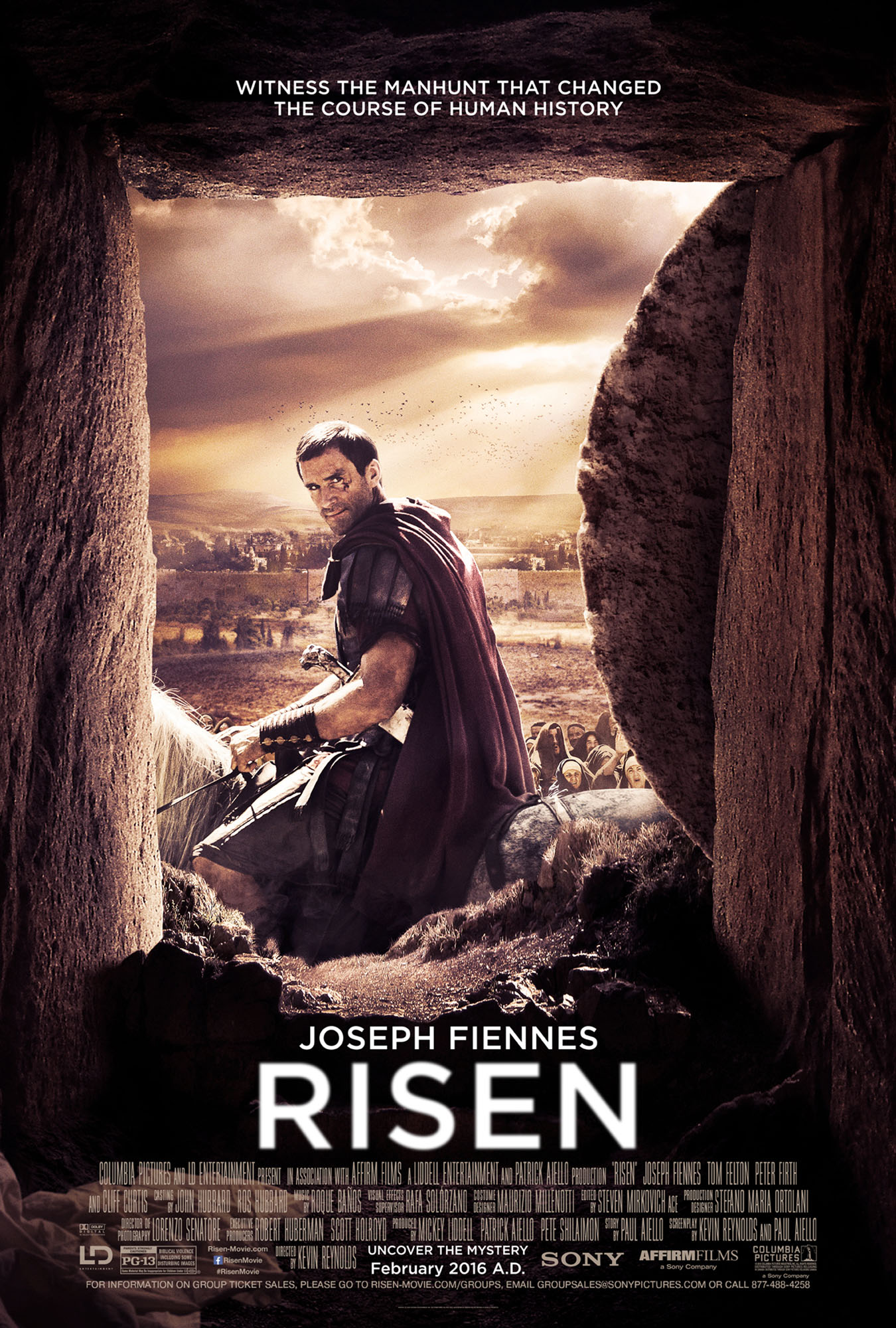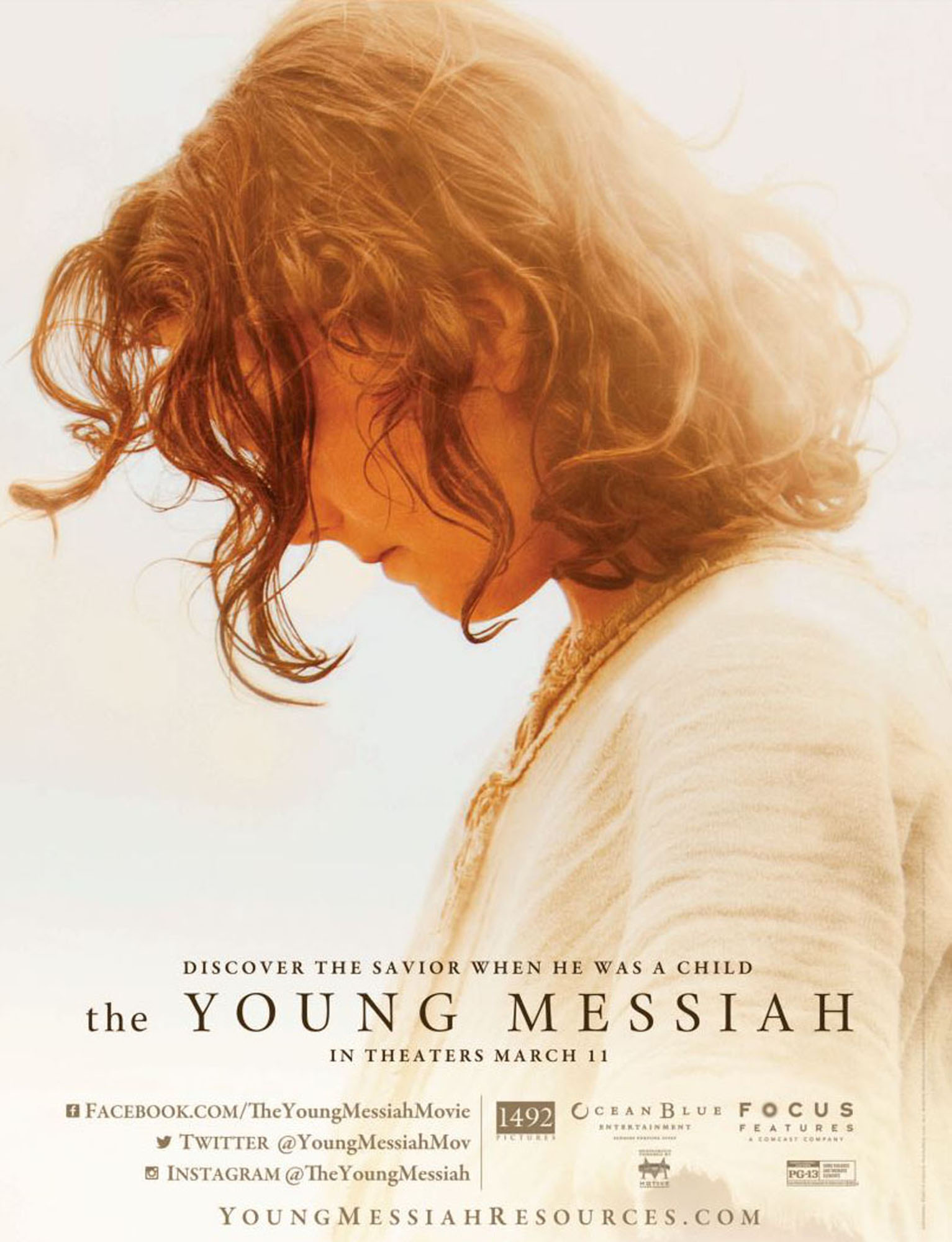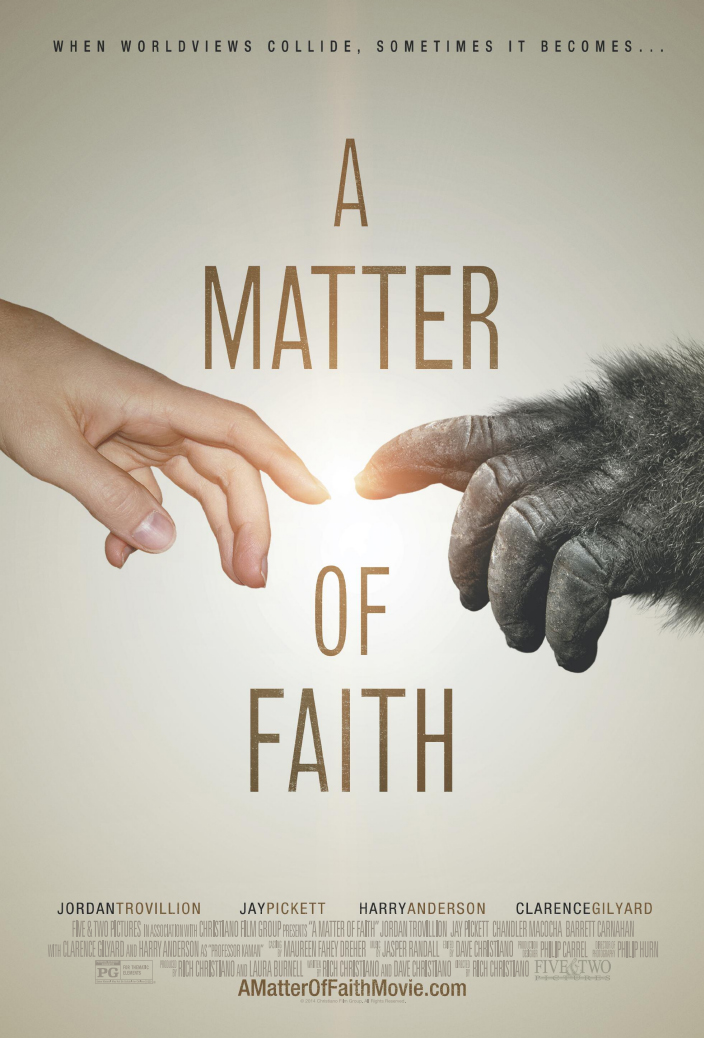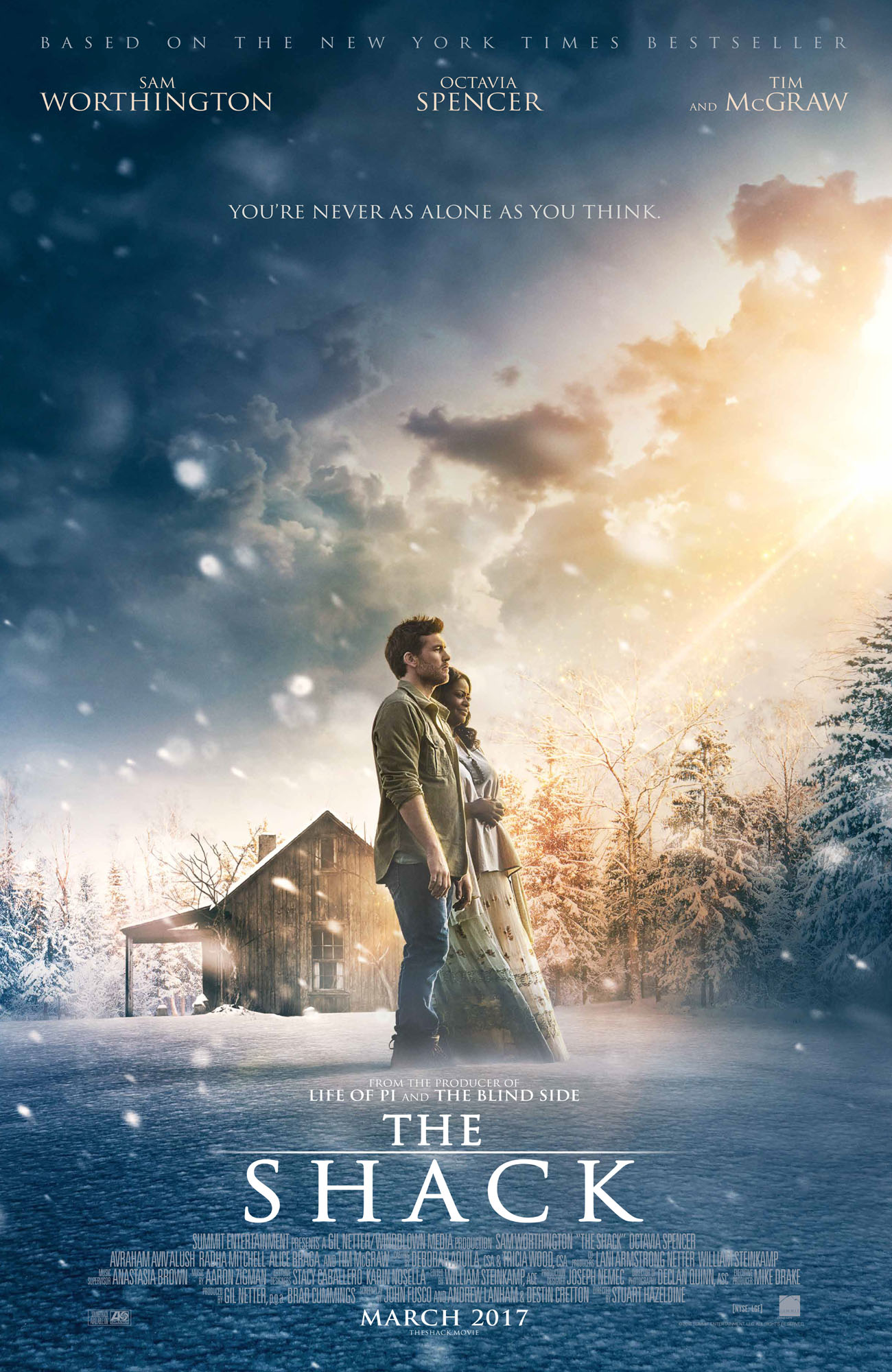
KANSAS CITY, Kan. (BP) — When I was a boy, I saw some horror movie that gave me nightmares, leaving me scared of the dark for months. It was so bad I’d cover my head with the blanket when sleeping, even on warm summer nights in Illinois.
Already a fan of John Wayne, I was ashamed of myself for not living up to his code. Then during an episode of “Lost in Space,” a TV series in the mid-1960s not to be missed by young boys, I saw the show’s young protagonist, Will Robinson — my age, asleep — on our black & white TV screen without covering his head.
That did it. The brave examples of a movie star and a kid on TV helped me conquer the demon of the dark, although it was a movie that had tormented me to begin with.
Why this tale from my youth?
For me, the motion picture is the essence of all other art forms. Adding the influence of the boob tube, these two mediums have dwarfed other artistic endeavors as the dominant form for fashioning our cultural surroundings. The cinema and television are now so ensconced in our society it’s difficult to escape their input, even if you don’t watch them. They affect us, often more than we will admit.
The most endearing films and exceptional TV programs can nourish the spirit as well as entertain. The artistic impact of films such as “It’s A Wonderful Life,” “The Tree of Life” or “The Passion of the Christ” can linger, reminding us that there is more to the human makeup than just the mental and physical.
Then there is that darker side of drama, comedy, fantasy. Depending on the filmmaker’s intent, a production can attack our subconscious or lead us away from God’s purpose. Some of the most powerful tools Satan has at his disposal are those found in the field of media that can be used to mislead and corrupt the mind and soul.
Whether individual films have a detrimental effect on audiences has yet to be irrefutably proven, but it doesn’t take a gaggle of psychologists to see that nonstop exploitive sexual images and brutal violence do exacerbate destructive behavior. As entertainment commentator Michael Medved stated a few years back in his provocative and insightful book “Hollywood Vs. America: Popular Culture and the War on Traditional Values”: “The most profound problem with the popular culture isn’t its immediate impact on a few vulnerable and explosive individuals, but its long-term effect on all the rest of us. The deepest concerns about Hollywood go beyond the industry’s role in provoking a handful of specific crimes and involve its contribution to a general climate of violence and self-indulgence.”
Movies and TV shows have man’s imprint all over them. The Bible, on the other hand, has God’s. It’s up to us whether we are going to be led by secular storytellers or guided onto our heavenly Father’s paths. In these uncertain times, perhaps the end times, we need to read the Book.
To discern the media’s misconceptions and misdirection, we must be grounded in scriptural teaching. Along with guidance from thoughtful theologians who study the social and political landscape, we gain foresight by personally studying Scripture. The Bible is a guidepost for living a lifestyle that keeps us in harmony with the heavenly Father and with our fellow man. And if we read God’s Word, embrace it and live by it, we’ll never have to be afraid of the dark.






















